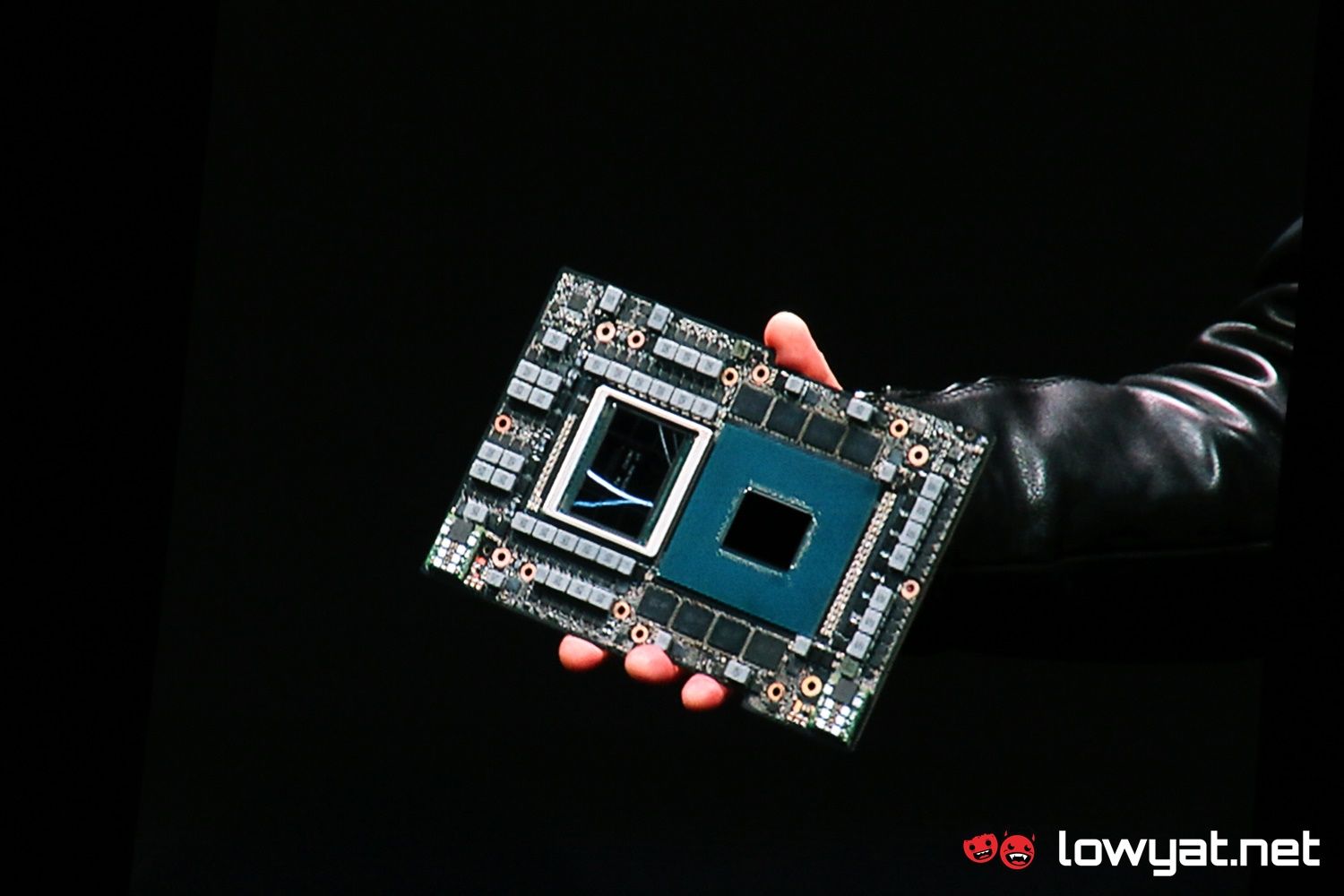NVIDIA is bringing down the banhammer down on the use of CUDA-based software on other hardware platforms via the use of translation layers. To put that in another way, it doesn’t want its proprietary technology to be usable with 3rd party GPUs.
The restriction was discovered, or notice rather, by software engineer Longhorn, who posted the excerpt of the clause, found in the installed EULA text file that comes when installing CUDA 11.6. “You may not reverse engineer, decompile or disassemble any portion of the output generated using SDK elements for the purpose of translating such output artifacts to target a non-NVIDIA platform.”
> You may not reverse engineer, decompile or disassemble any portion of the output generated using Software elements for the purpose of translating such output artifacts to target a non-NVIDIA platform.
Ah so that's how NVIDIA is reacting to CUDA on whatever compat layers
— Longhorn (@never_released) February 17, 2024
Funnily enough, the clause is readable on the online listing of NVIDIA’s EULA, and was only added to CUDA versions 11.6 and newer. As to why the GPU brand is instating the ban, you need only look at how programmers and software engineers are running the cores on translation layers like the open-source library, ZLUDA.
ZLUDA essentially allows software engineers and programmers to run CUDA unmodified, with near-native performance on non-NVIDIA GPUs, such as AMD’s Radeon. Over in China, several GPU makers, especially one funded by the Chinese government, have made claims of being able to run the code on processors via a “computing architecture compatible with programming models like CUDA/OpenCL.” By the way, reverse engineering an NVIDIA GPU isn’t child’s play, so it’s likely that this so-called architecture could just be another translation layer.

The combination of NVIDIA hardware and CUDA have, since the latter’s arrival on to the scene, proven to be exceptionally efficient, and to that end, it’s really not surprising why many companies are applying them on 3rd party GPUs. And to be fair to other companies, recompiling existing CUDA programs is still legal. Take AMD’s ROCm and Intel’s OpenAPI platforms, as examples that are capable of doing this.
(Source: Tom’s Hardware, NVIDIA)
Follow us on Instagram, Facebook, Twitter or Telegram for more updates and breaking news.



